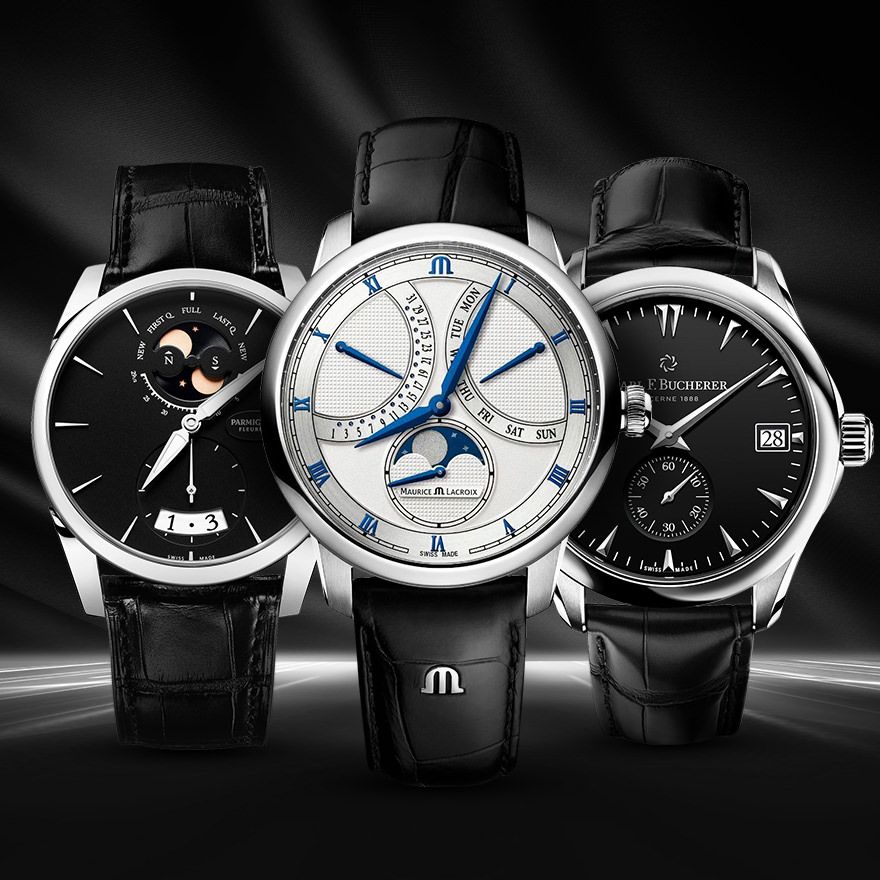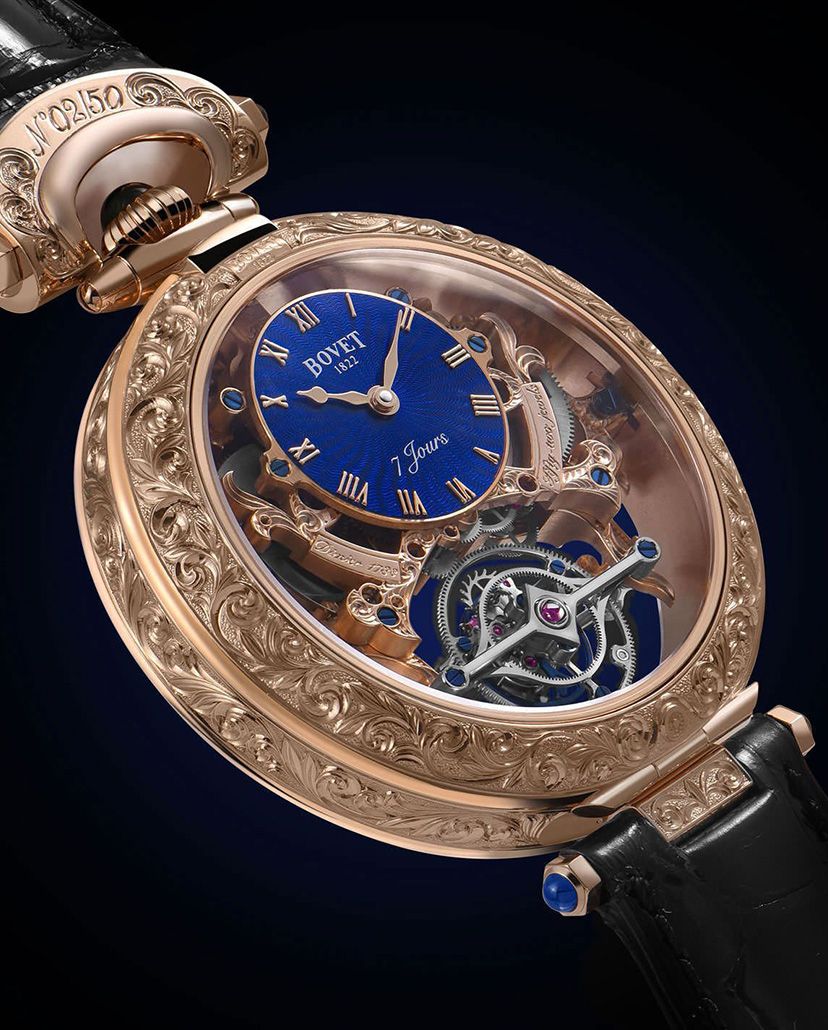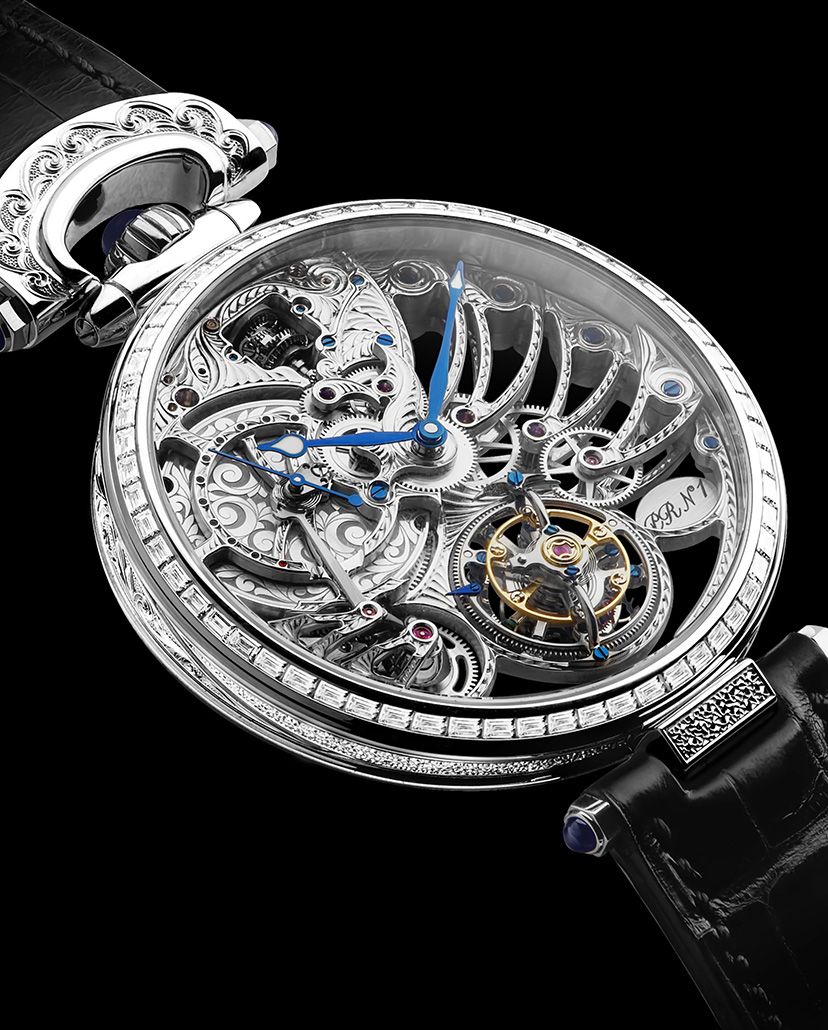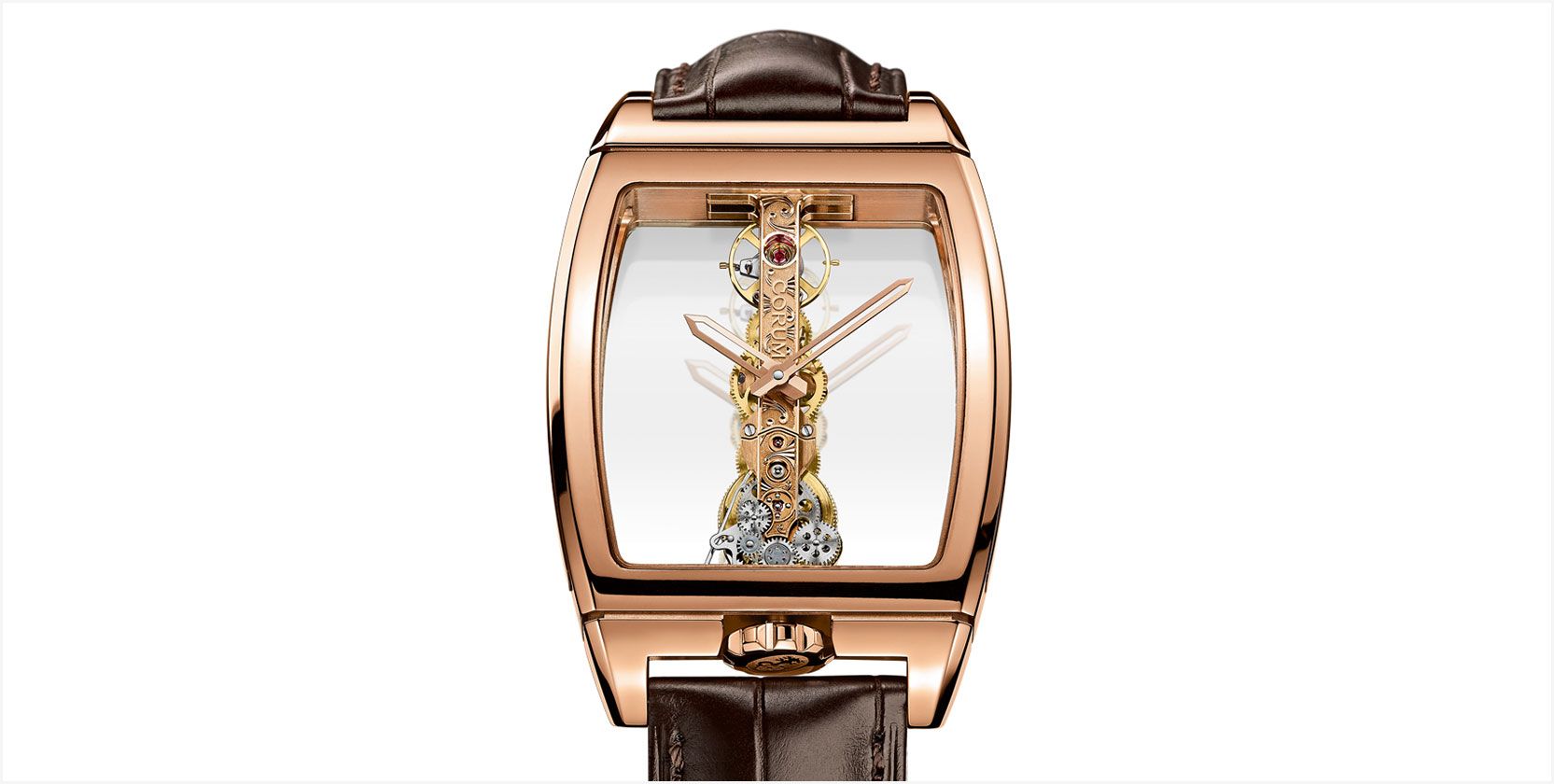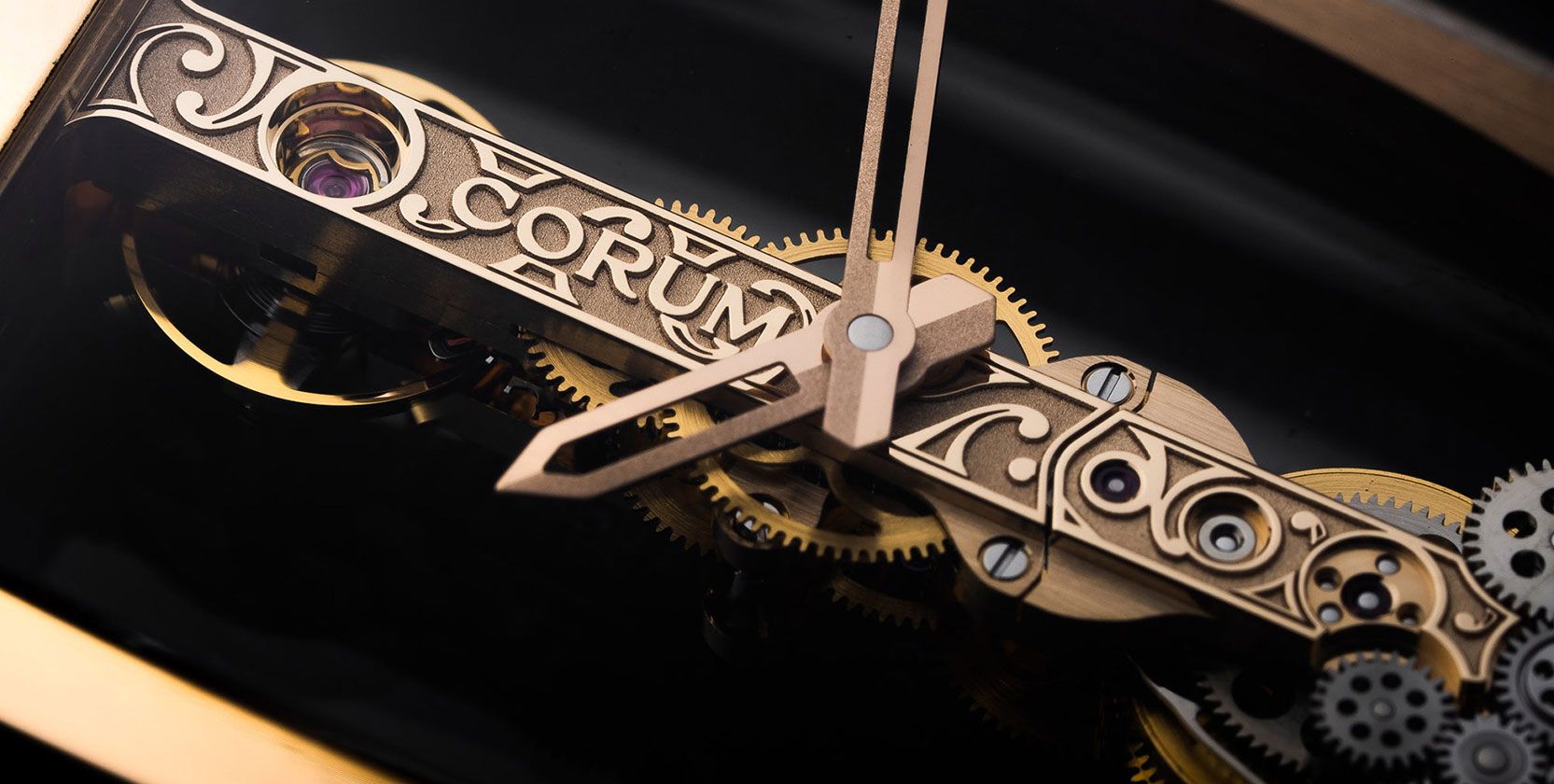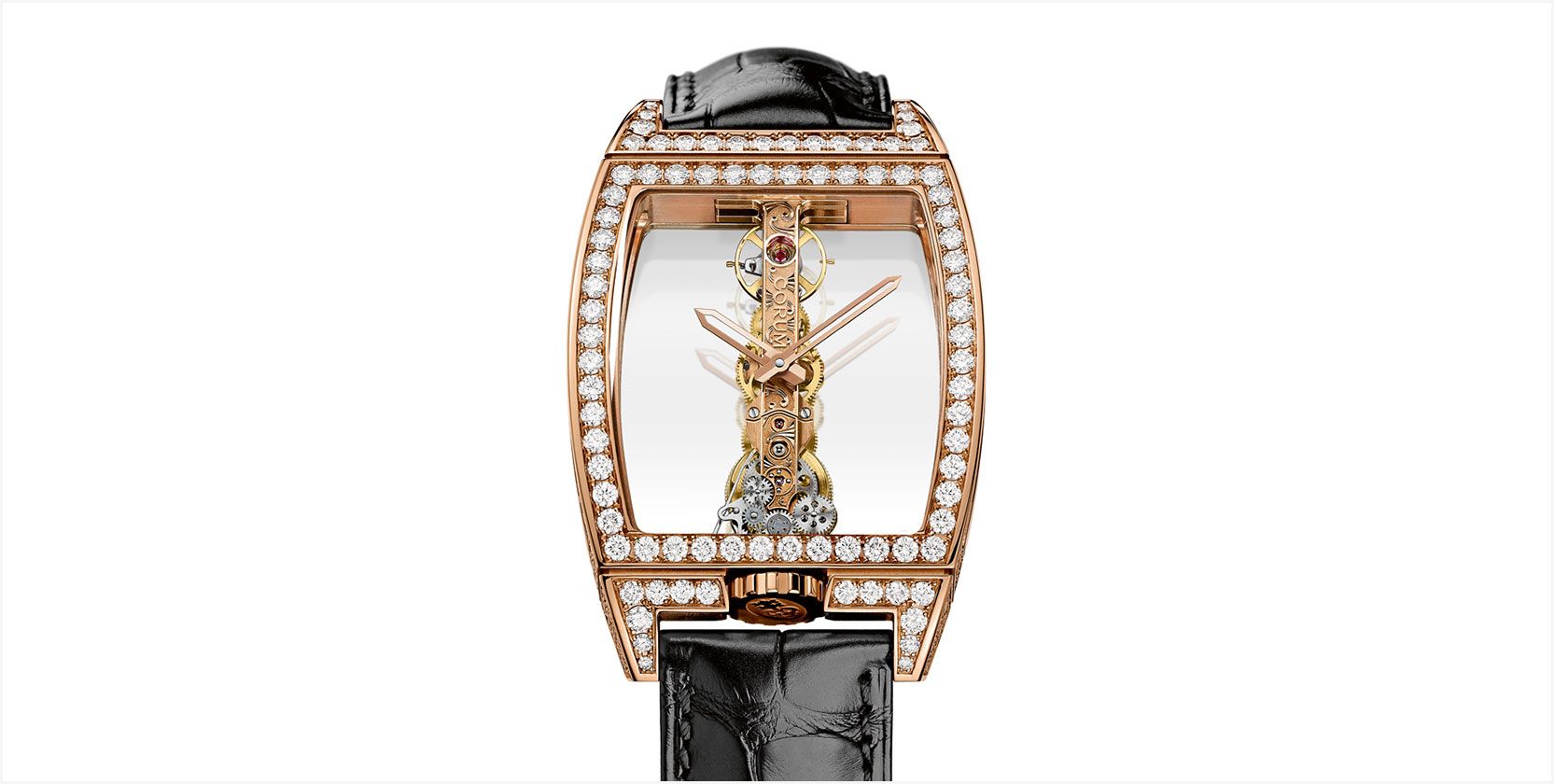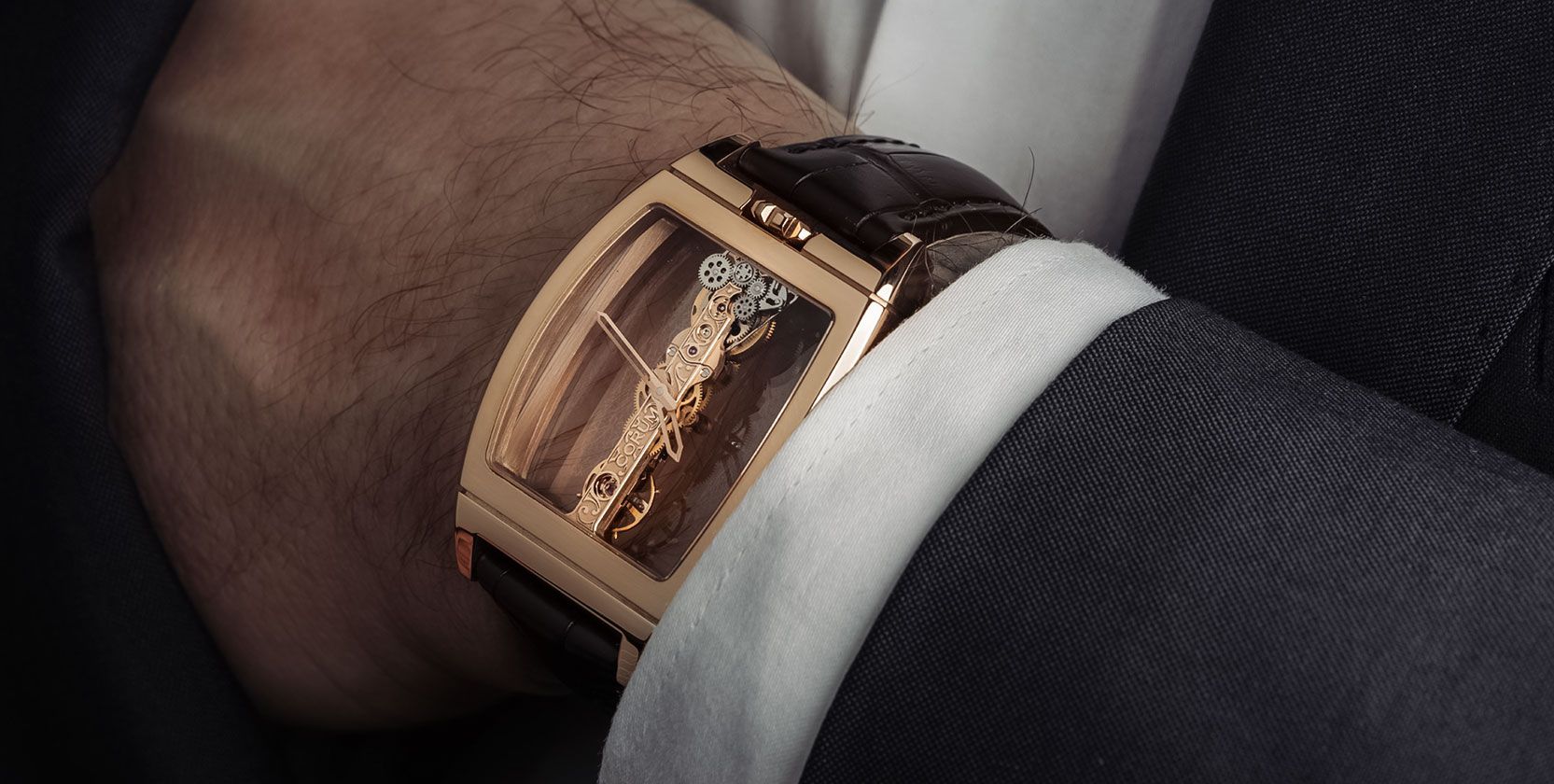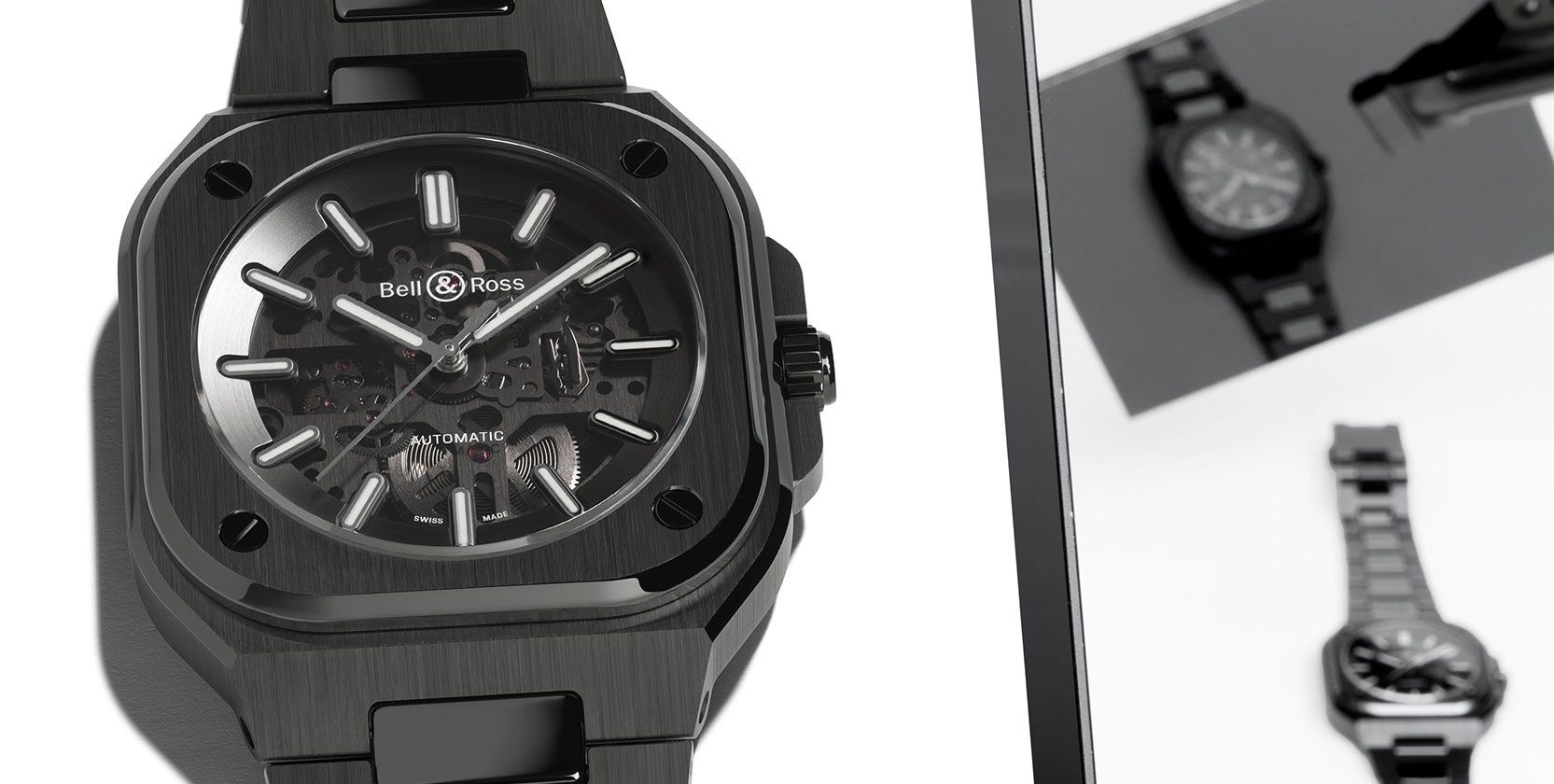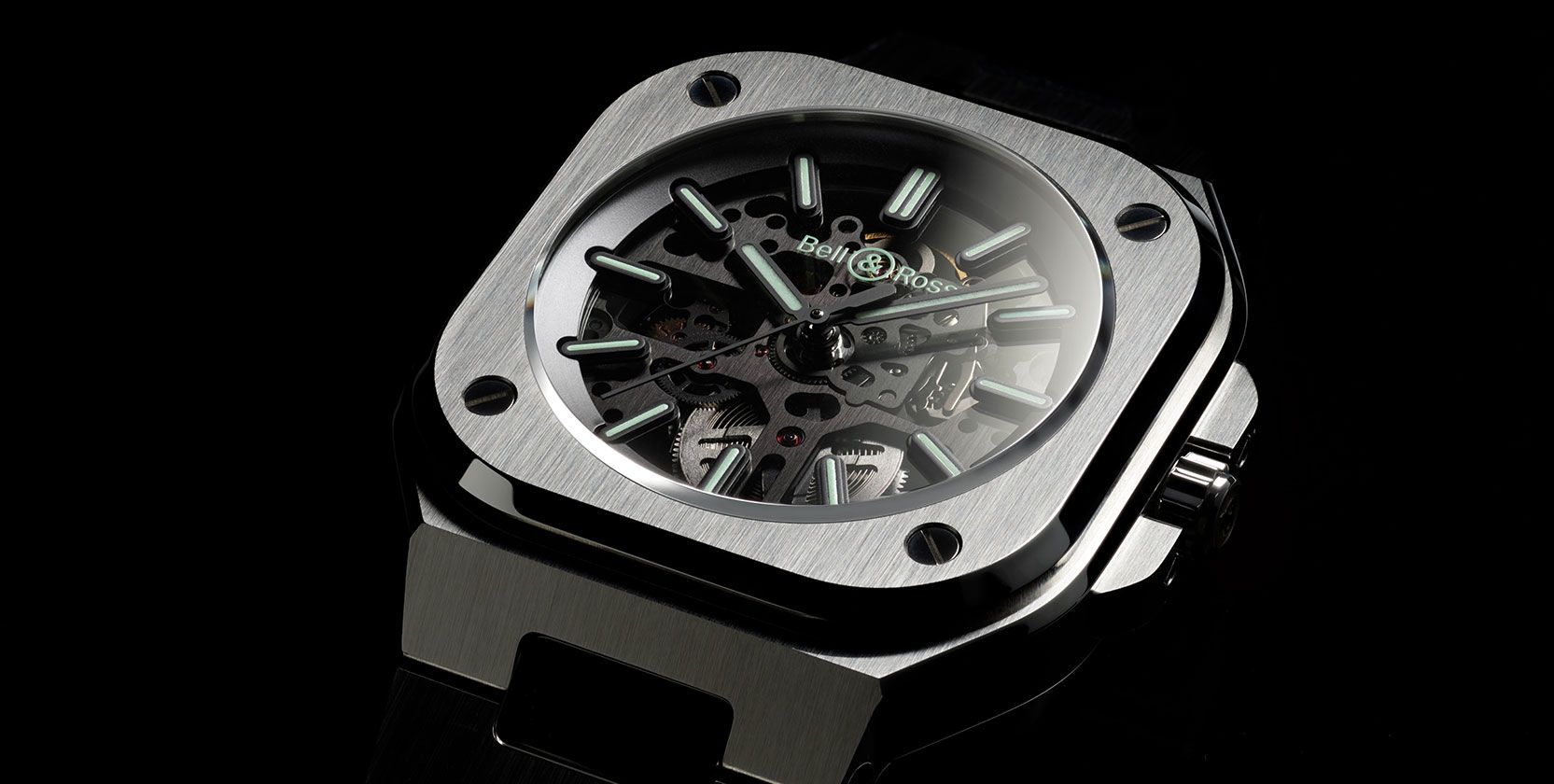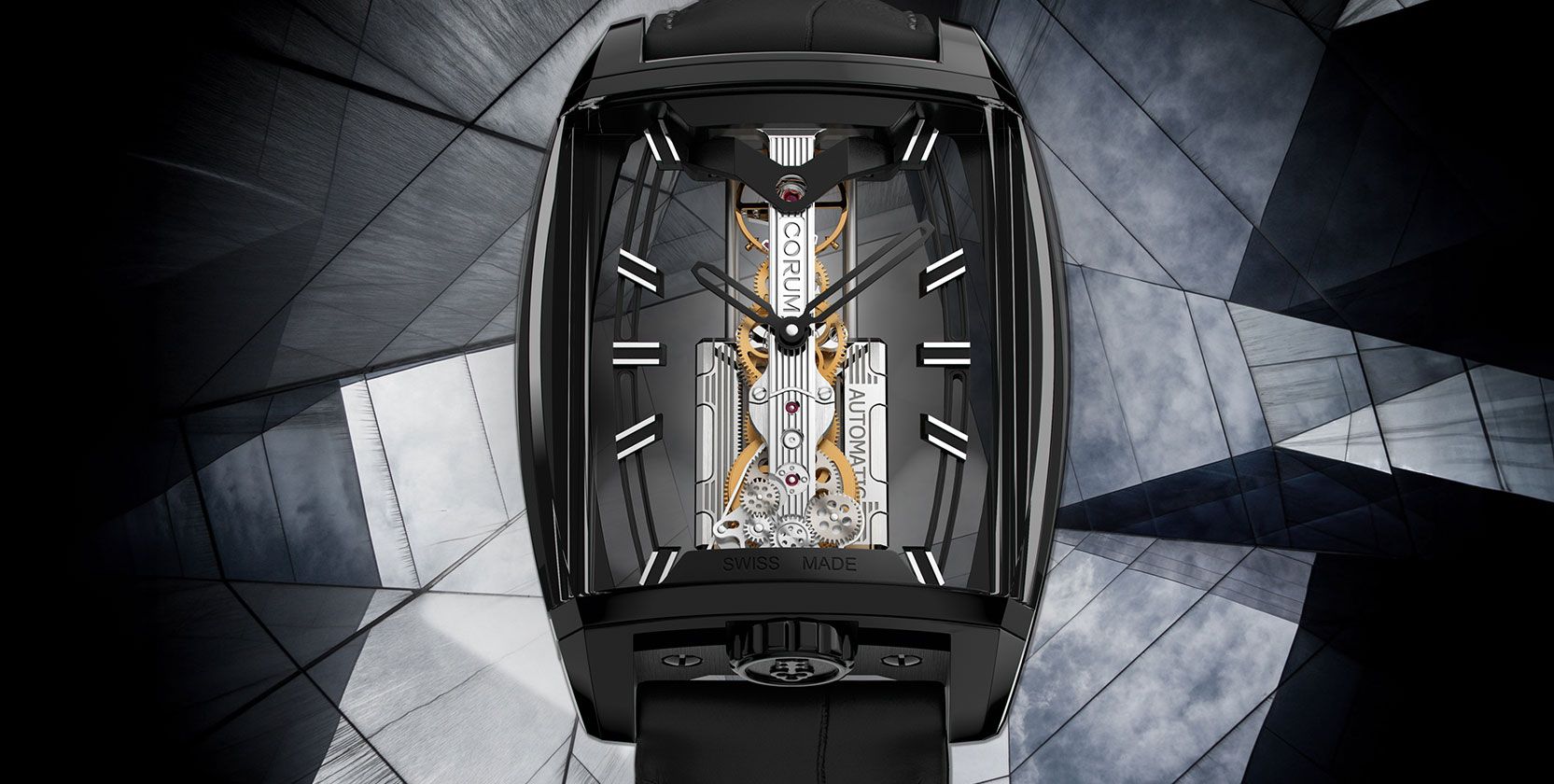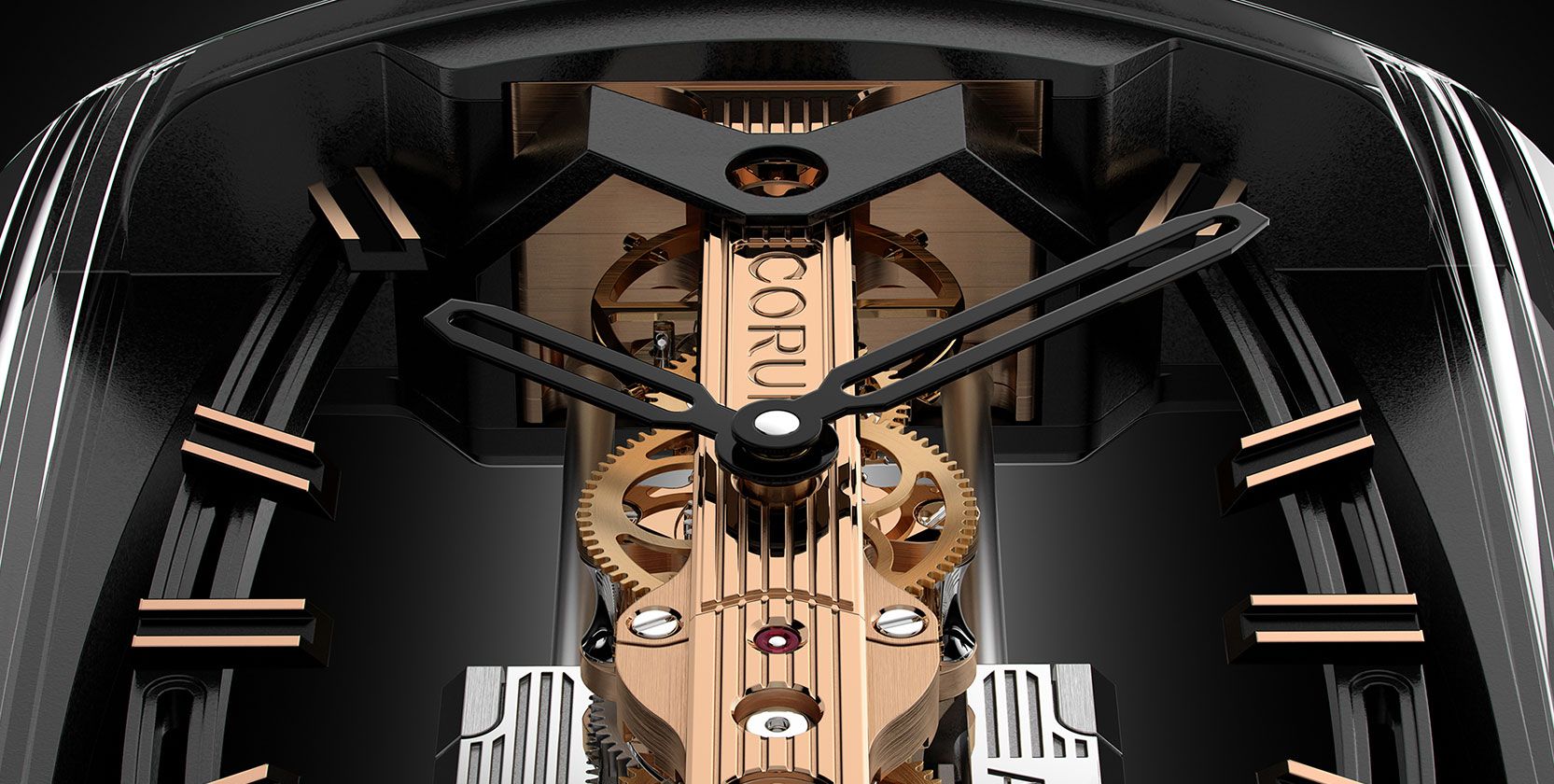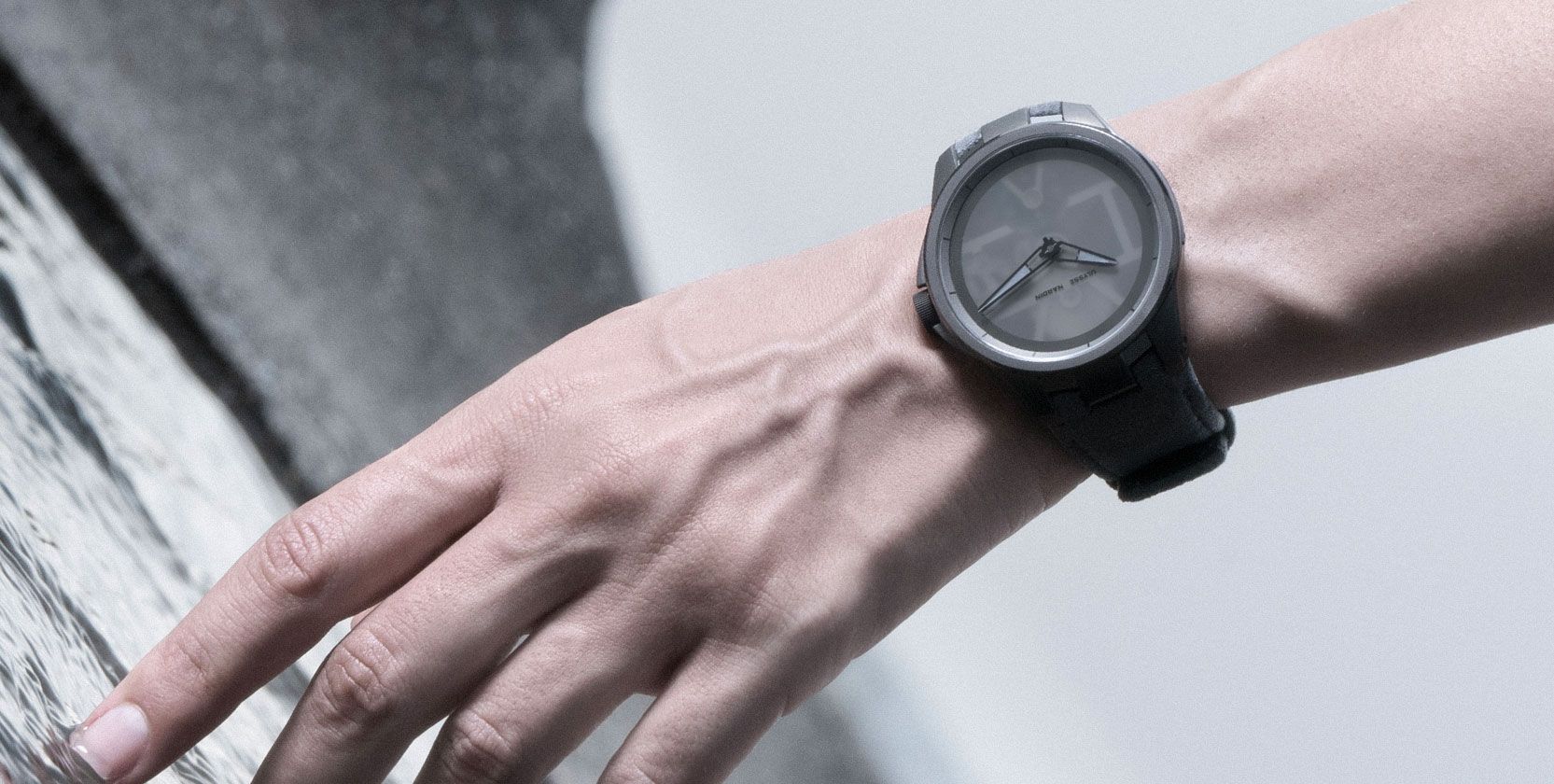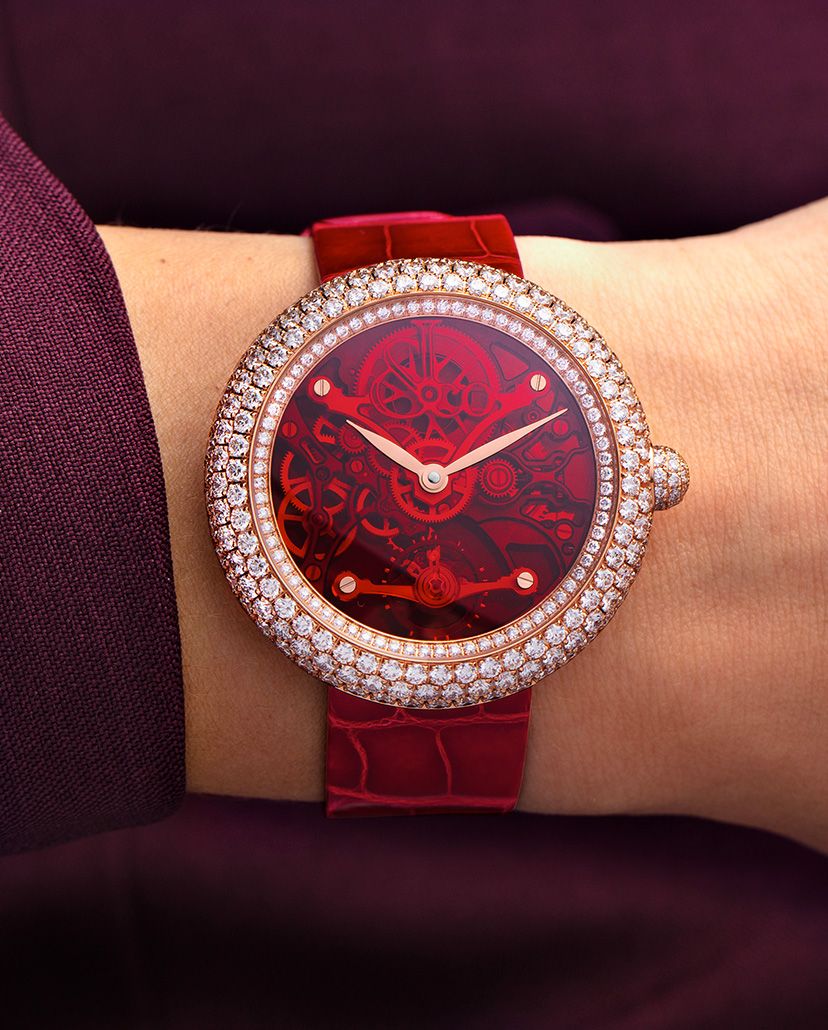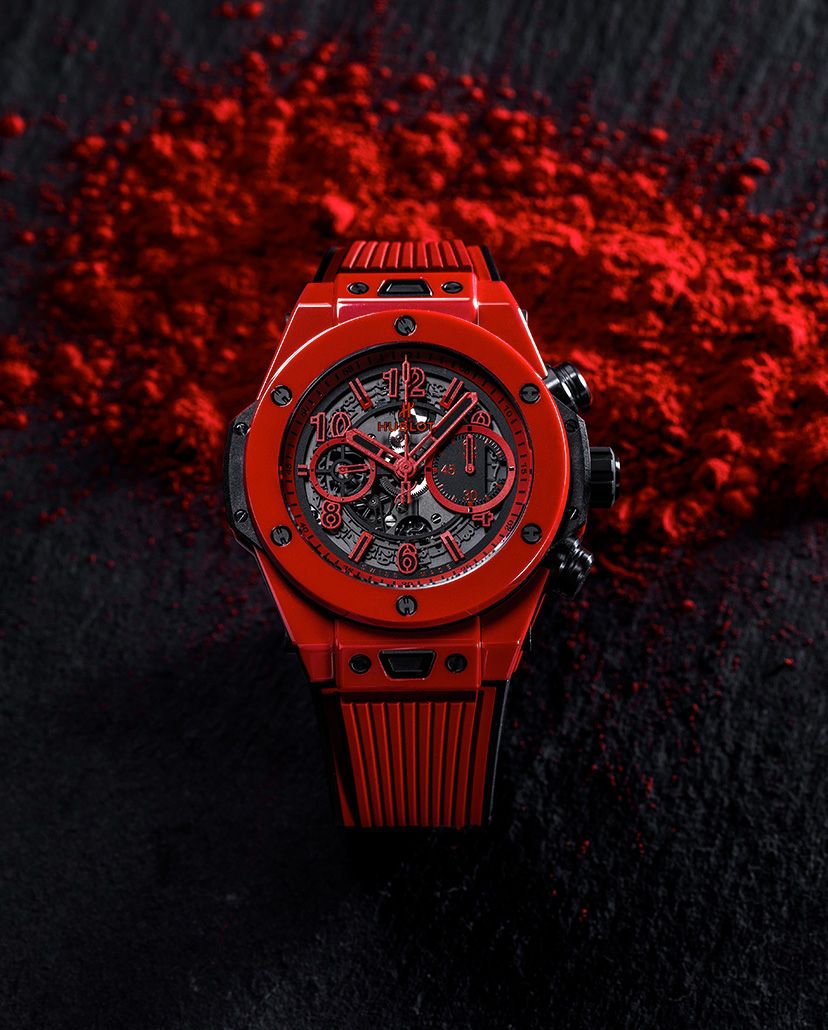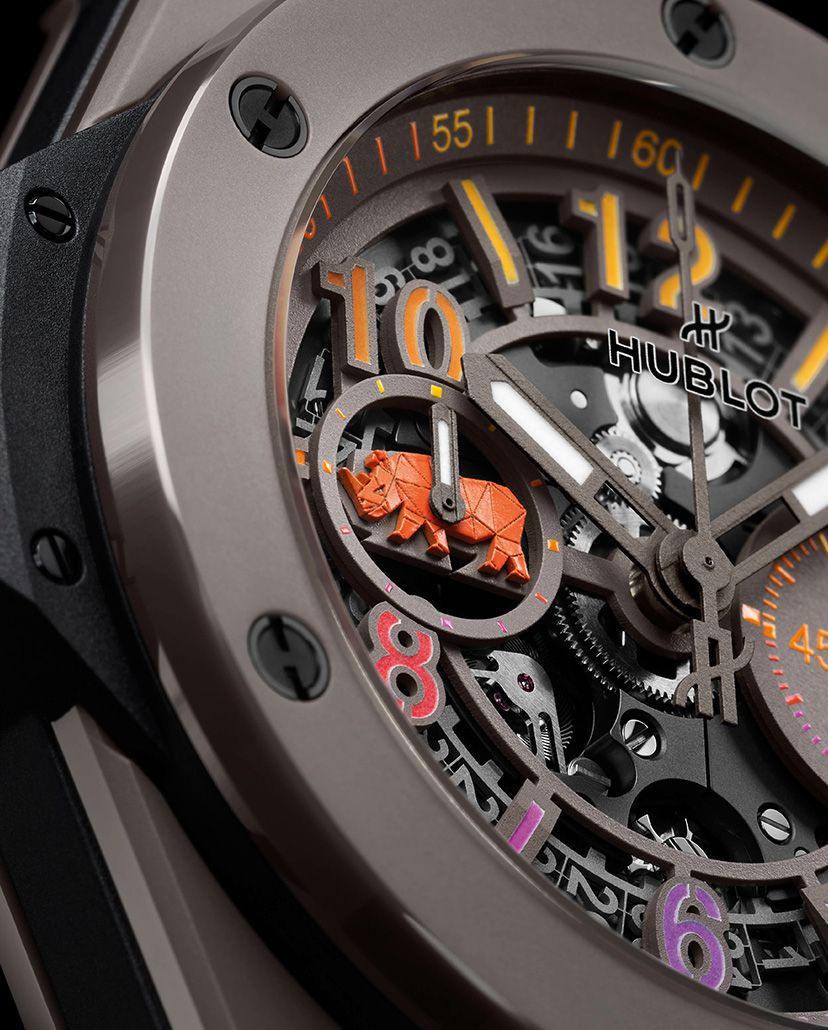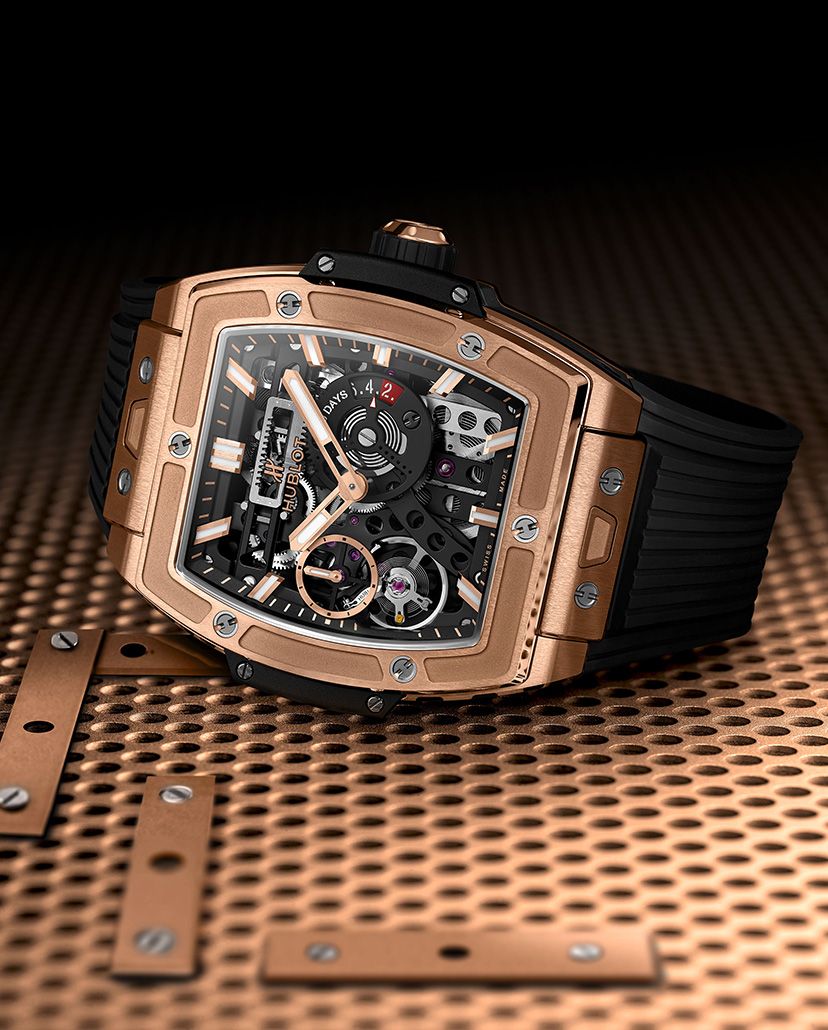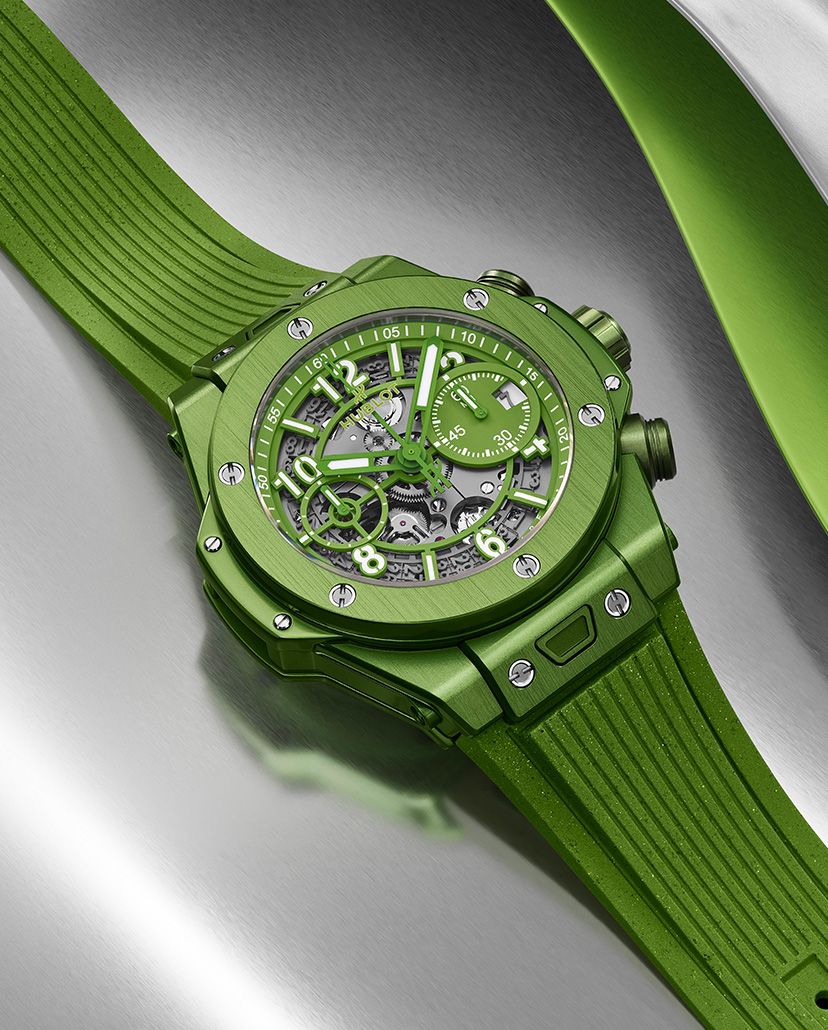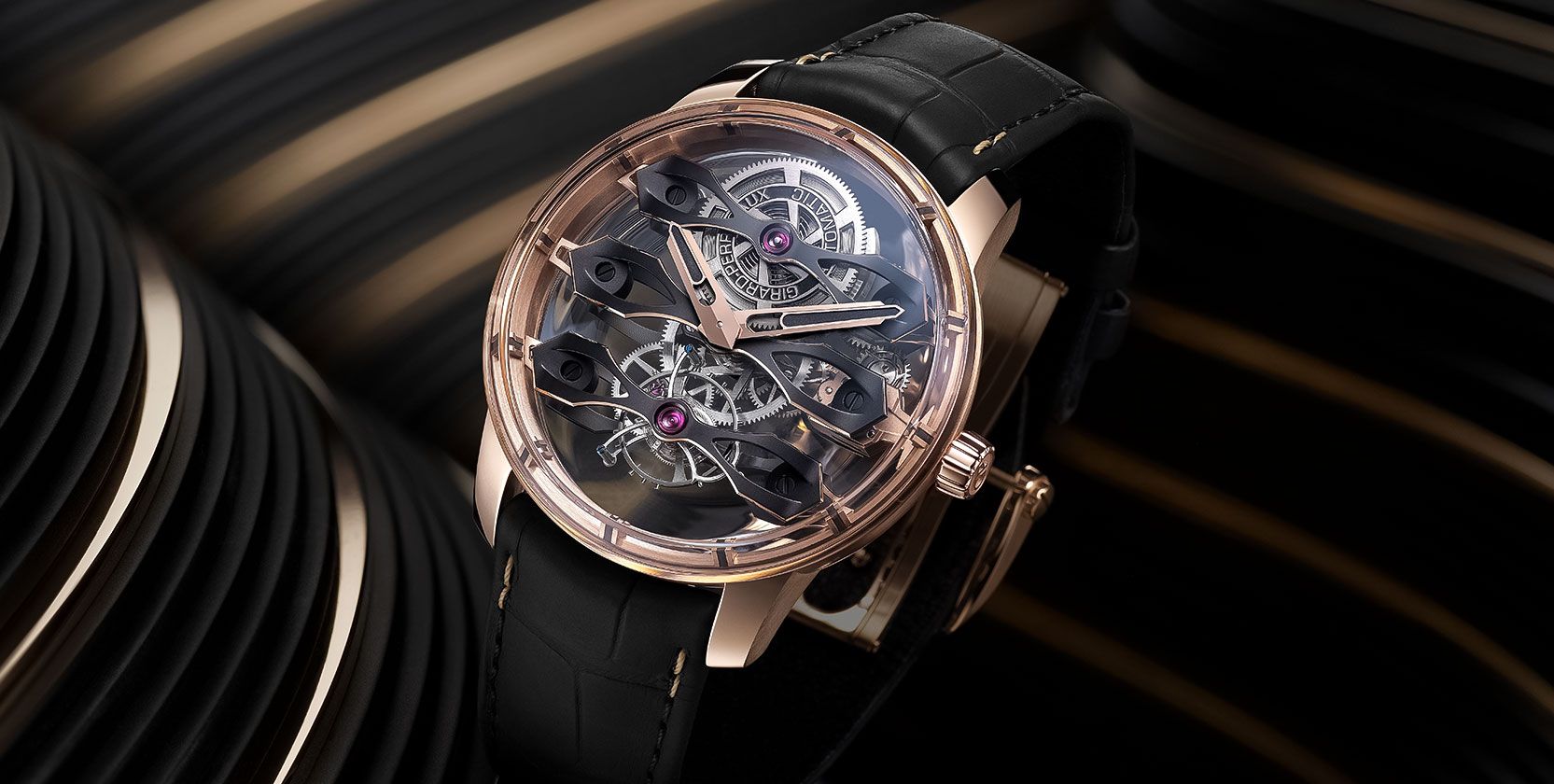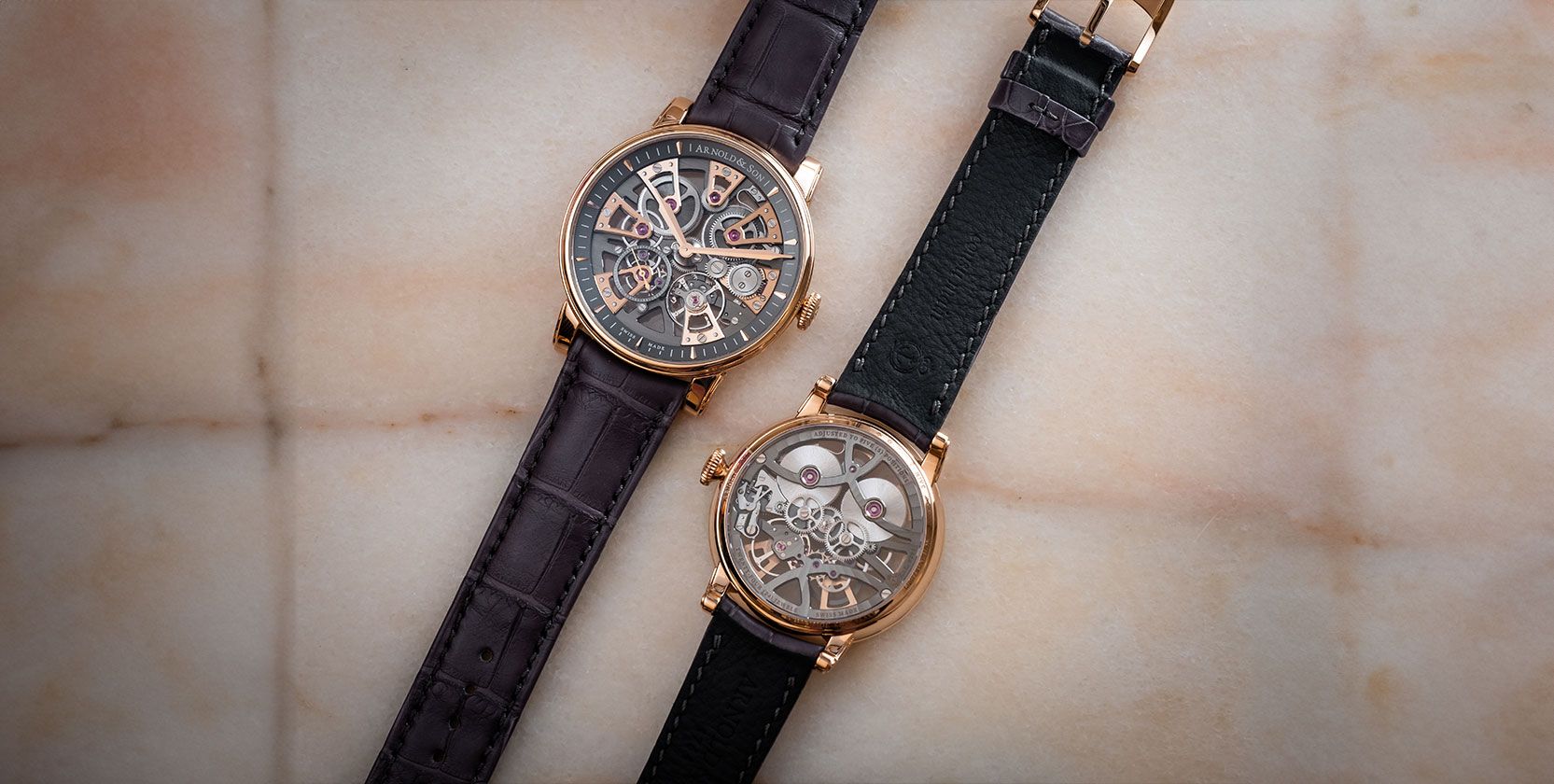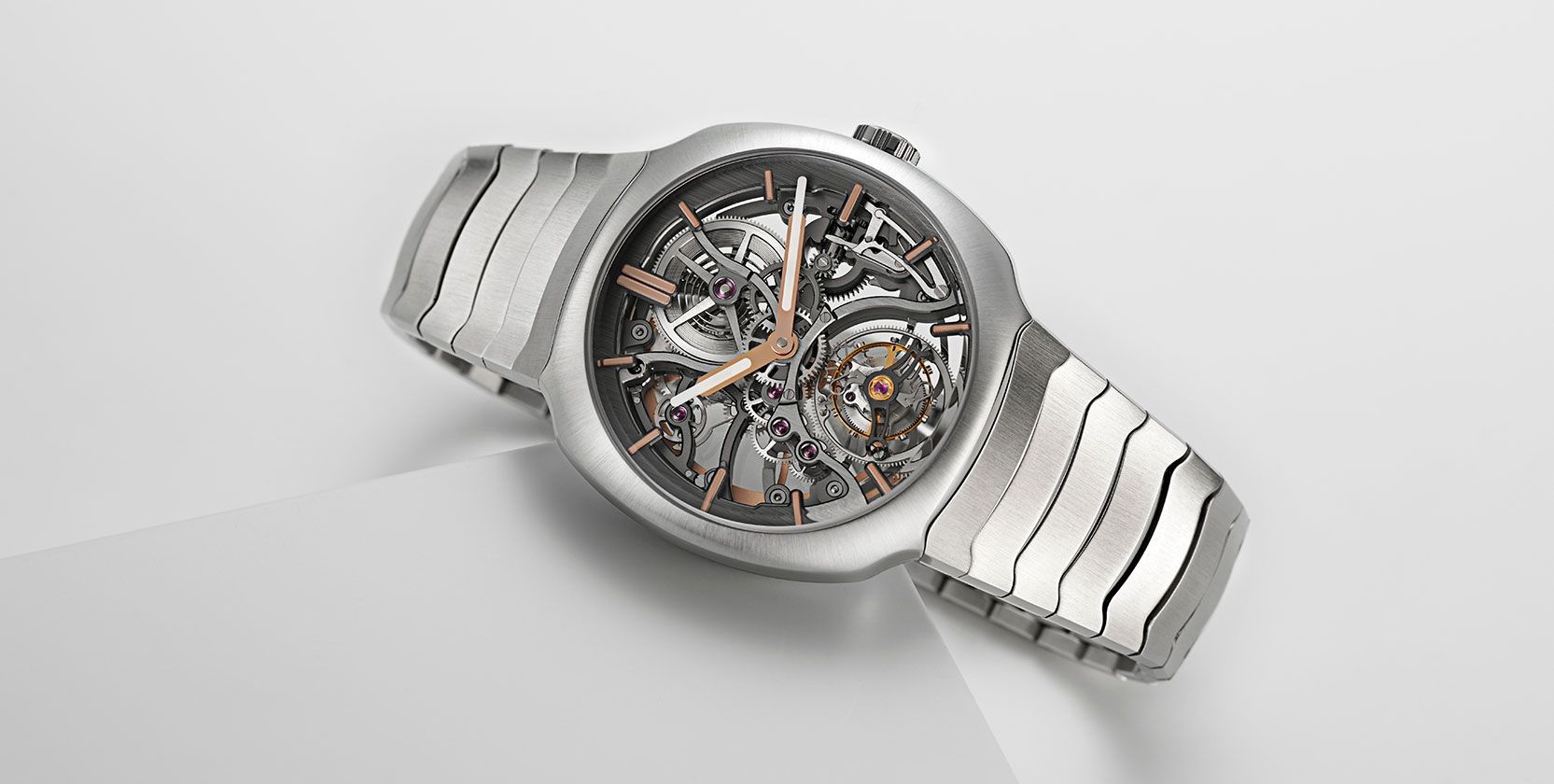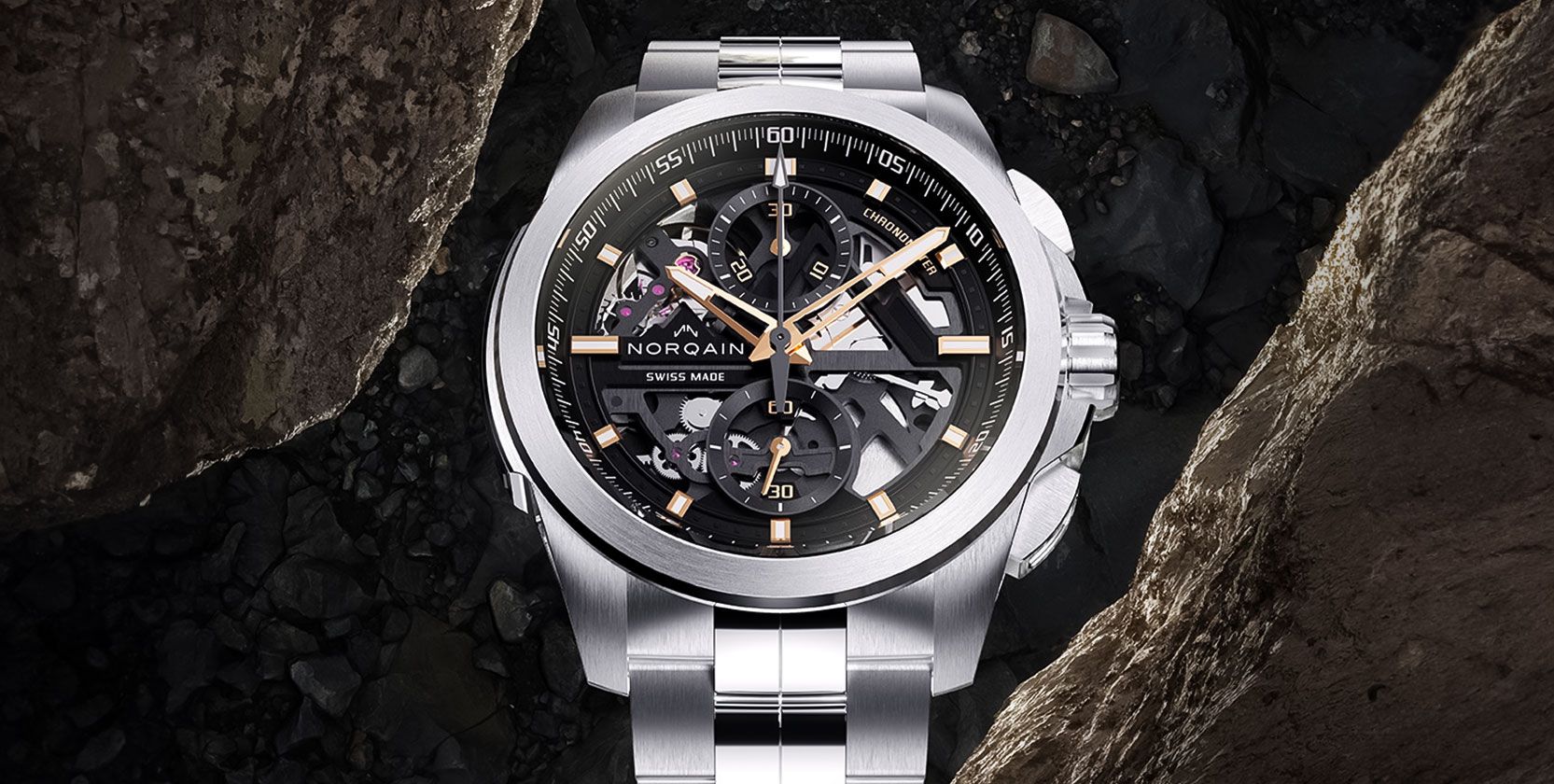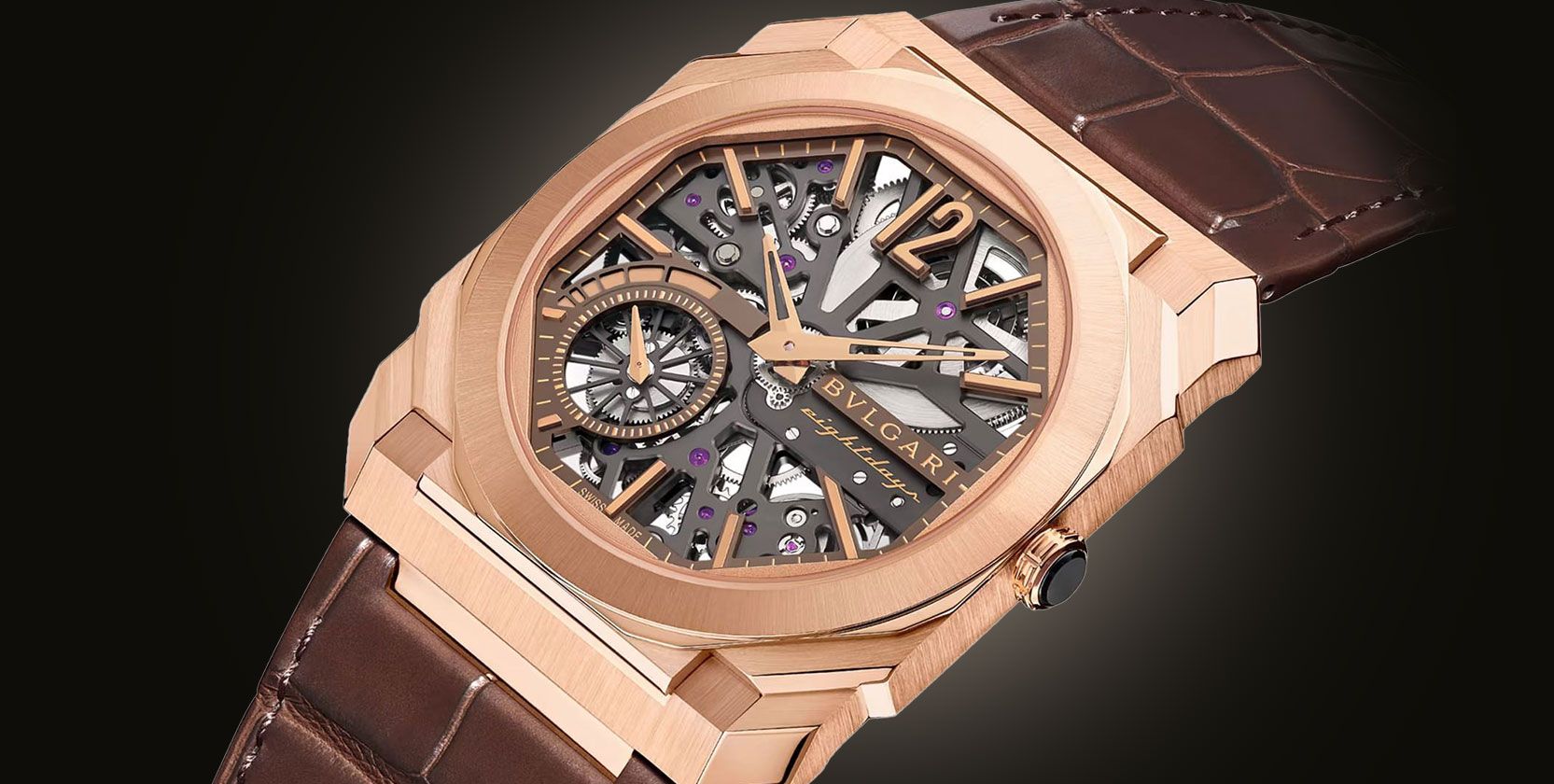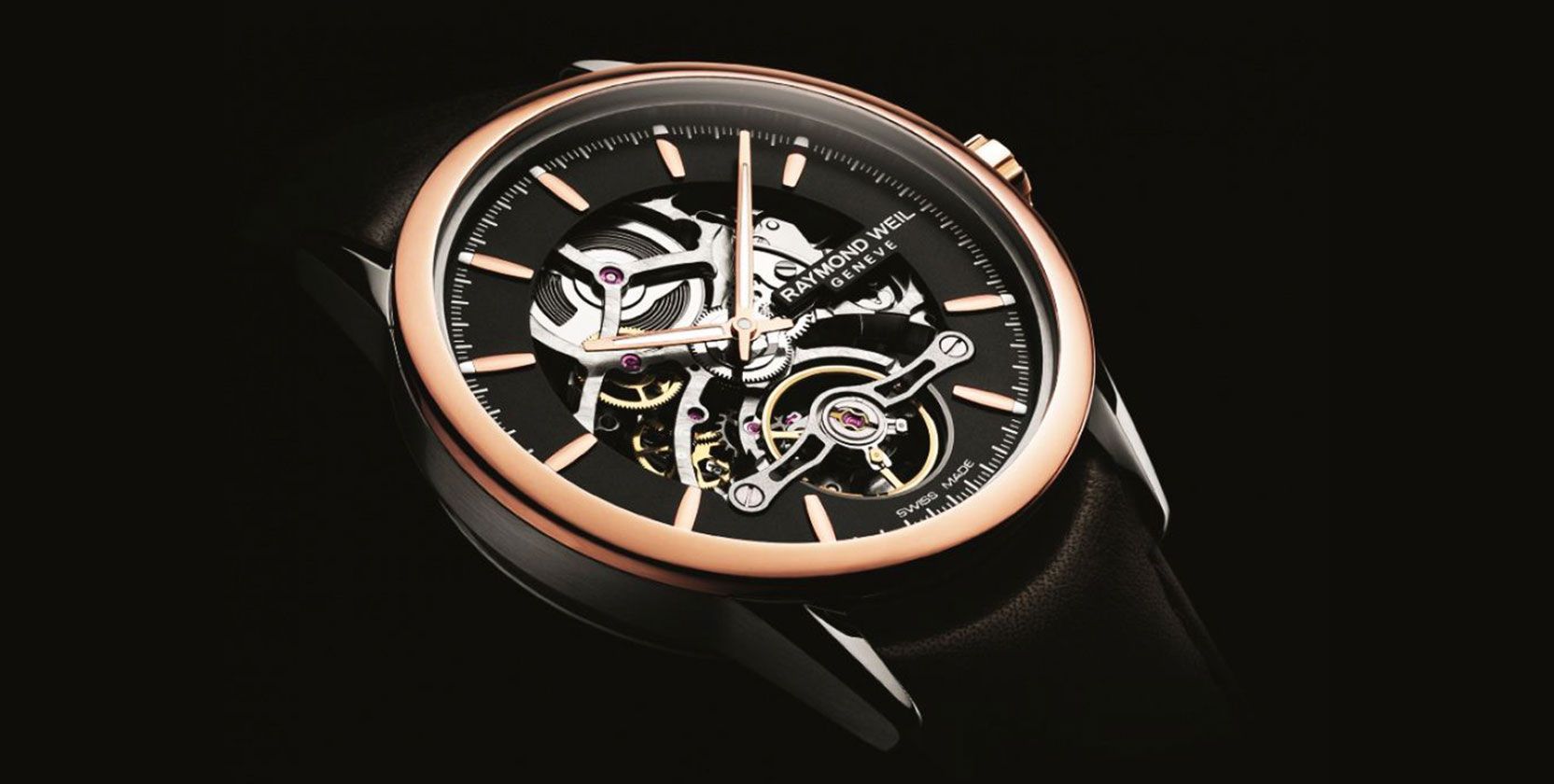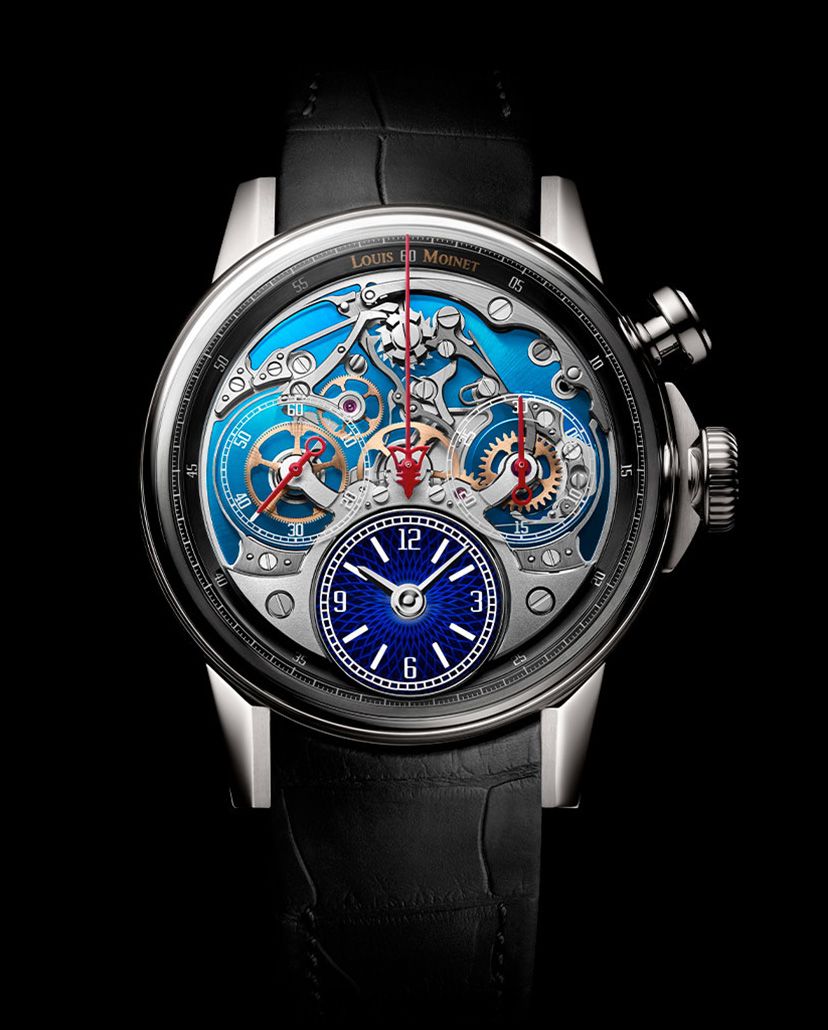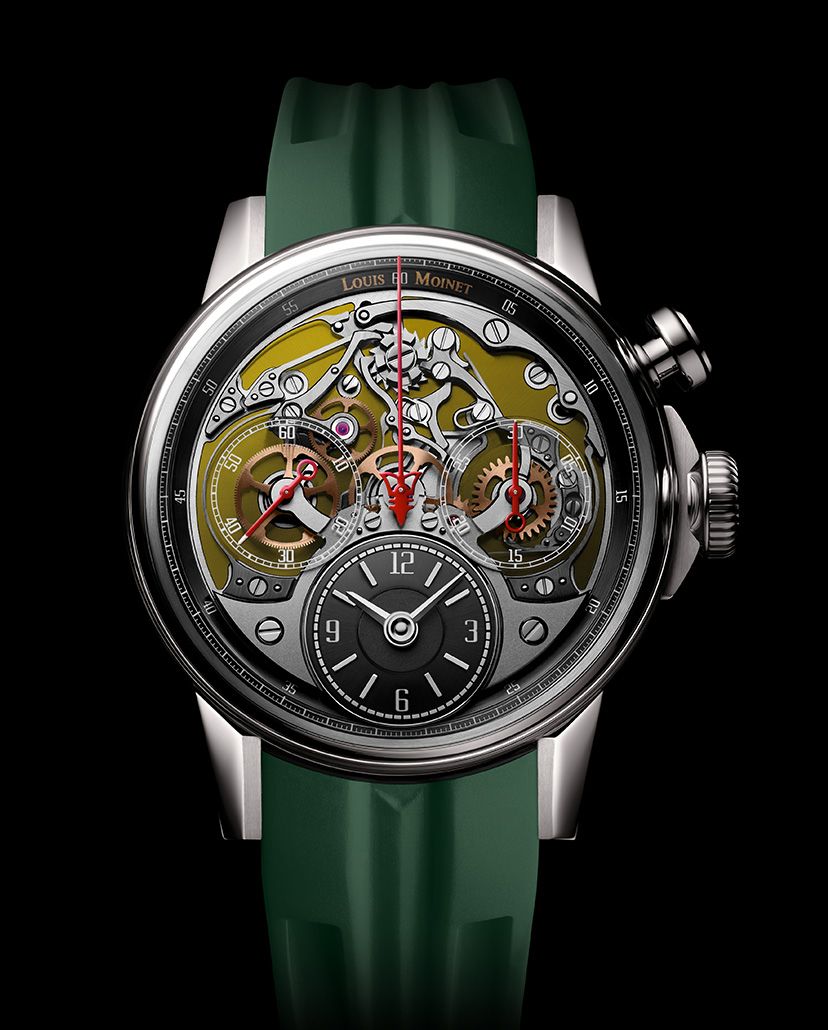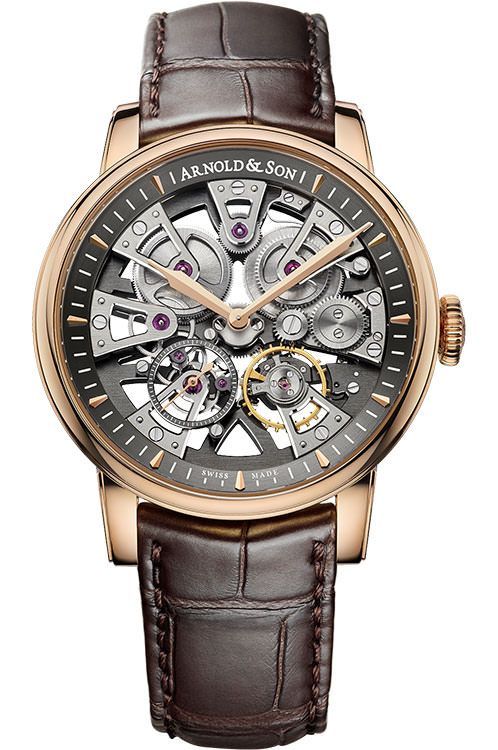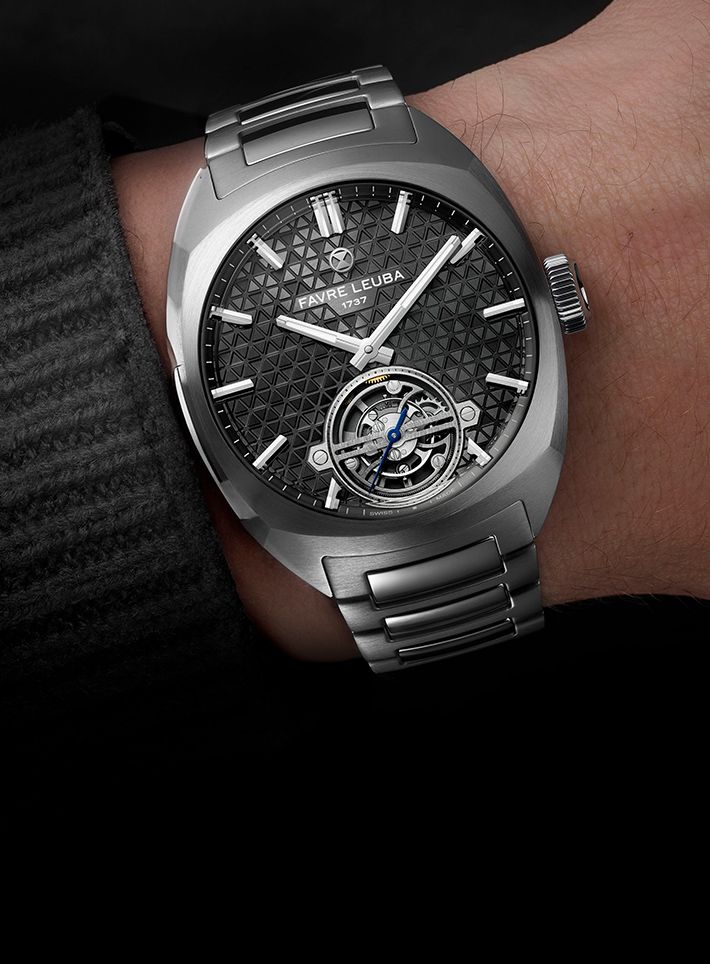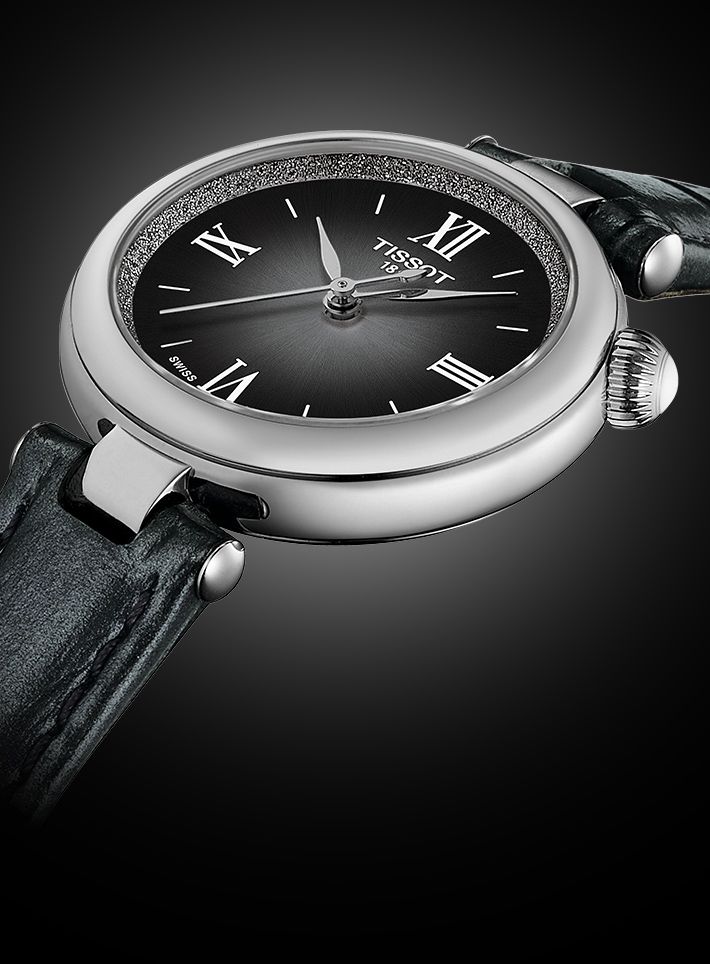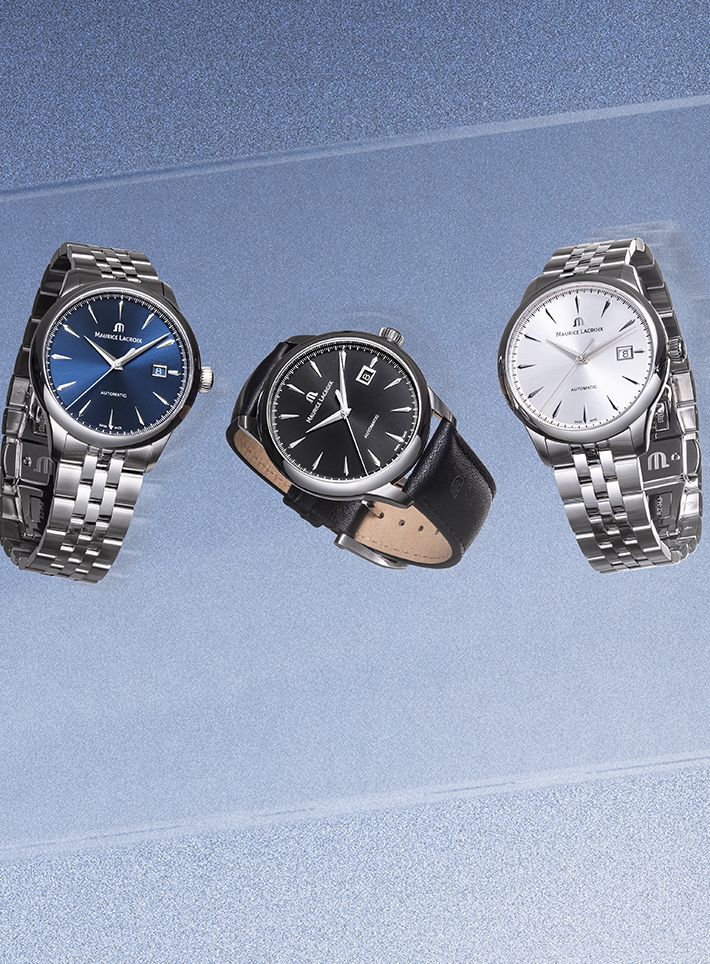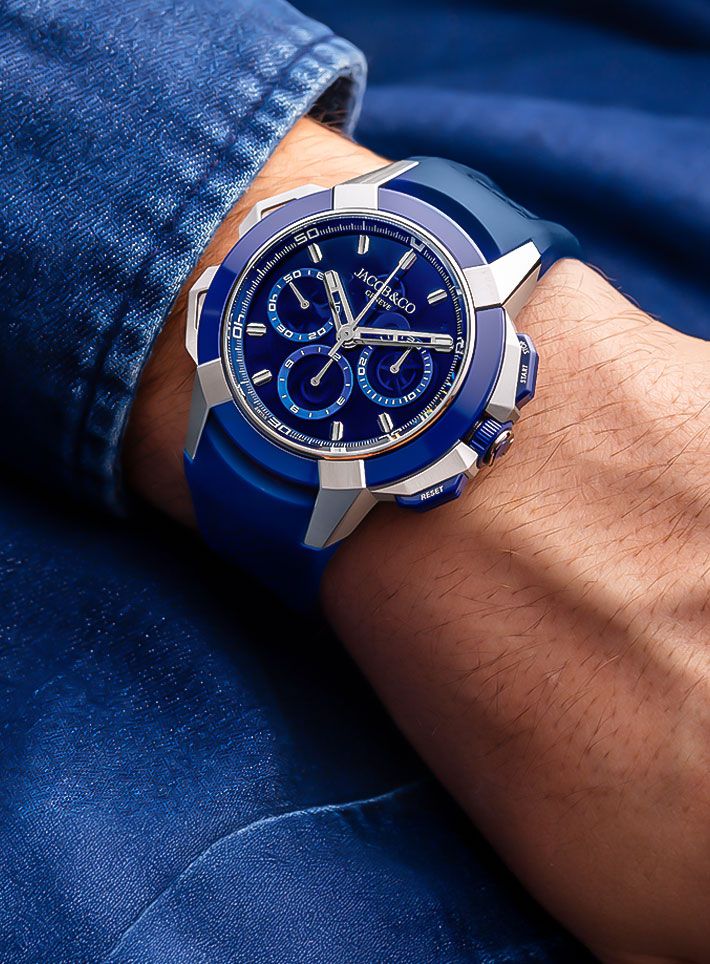FeatureBaring All For The Sake Of Efficiency: Evolution Of The Skeleton Watch
The biggest drawback of an open-worked dial, stunning though it may be to look at, is legibility. However, as watchmaking evolves, so does a watchmaker’s approach to skeleton watches. Making legibility paramount, skeleton watches today are functional enough to wear every day, both formally or in a casual setting, while still displaying that beautifully bare aesthetic that makes them works of art
May We Recommend
It’s official: open-worked dials are not a ‘trend’, rather a genre. Almost every brand has a version of a skeleton watch where the inner workings of the mechanical timepiece are laid bare. A skeleton watch is one where the mechanical movement takes pride of place on the watch face. This means eliminating all the excess metal in the form of a traditional baseplate and bridges, letting only essential mechanics shine through. The drawback with stripping the movement bare, most connoisseurs will agree, is legibility. With all the gears and bridges, levers and screws, there’s just so much happening on the dial that reading the time takes some adjustment—both optical and psychological. Lately, though, watch manufactures have been tackling the issue of legibility, making watches highly functional time-telling tools that offer an open-worked view of the calibre. Also, importantly, many of these open-worked watches are robust enough to be handy everyday accessories.
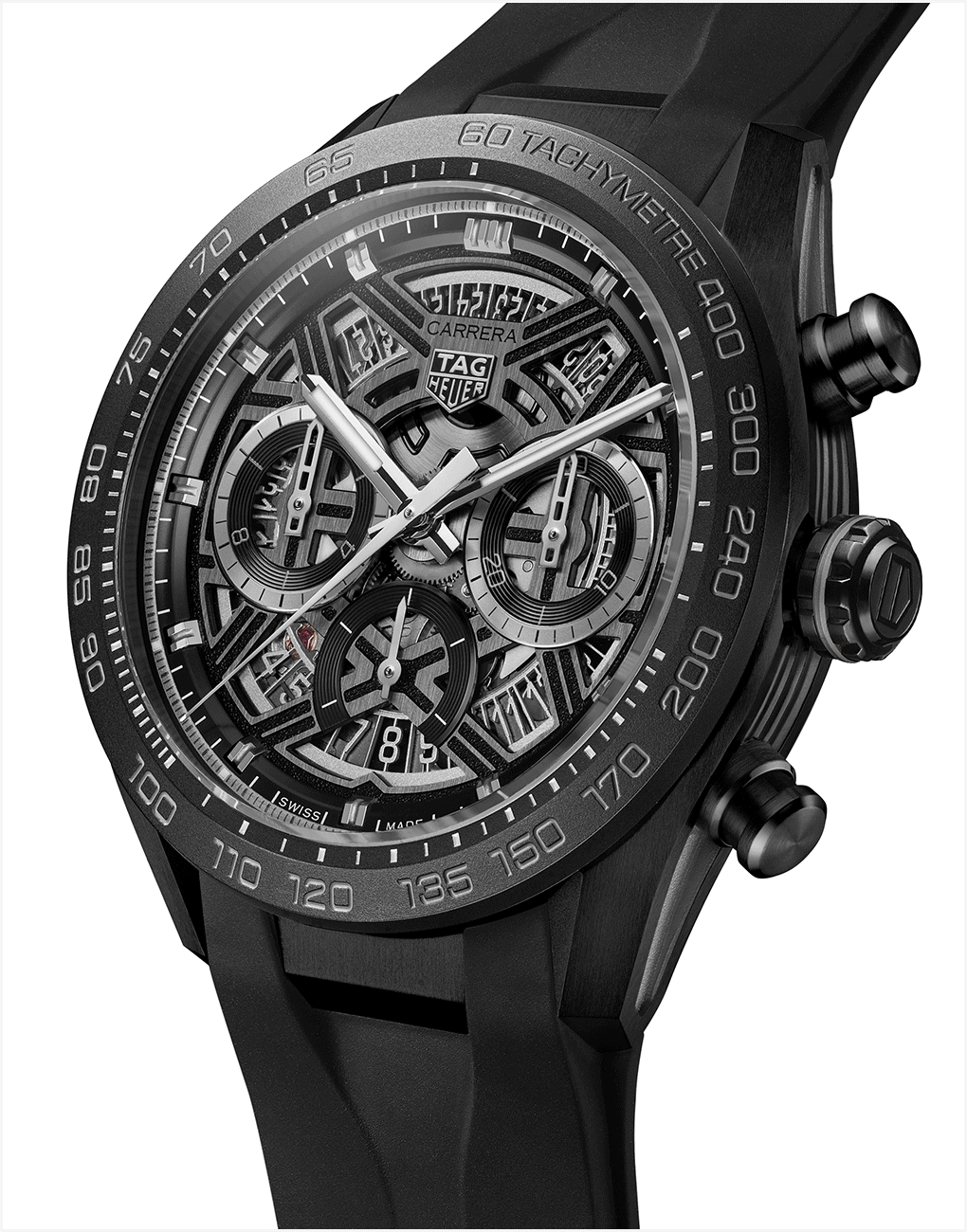
A Skeleton In Precious Metal
Skeleton watches tend to be priced higher than others, mainly because the movements are designed specifically to be showcased. And if the movement is to be displayed, it must have the necessary elegance and decoration. Among the brands that take special care to decorate components of movements while keeping their structural integrity intact are Breguet and Bovet. On some of these watches, the engraved mainplate and bridges are hard to look away from. But, should one choose to just see the hour and minute hands, they do stand out clearly. The Virtuoso XI, for instance, Bovet’s beautiful bare-all skeleton watch, tells the time via blued hands against highly decorated silvery components. The Amadeo Fleurier—with an off-centred blue guilloche timekeeping dial, or blued hands against a rose gold case and components, on the reverse of the skeleton watch—is easy to read despite its extensive, yet elegant decoration.
Precious metals such as gold and platinum are then justified for watch components, as is visible on the dial of the Corum Golden Bridge watches. What the brand call an ‘in-line baguette’ movement displays all parts of the calibre stacked on a bridge in a linear fashion. This frees up the rest of the dial space for the primary function of the skeleton watch, and timekeeping hands float between layers of transparent crystal.
Smoke On The Dial
This brings to the fore another criticism for skeleton watches: too much transparency. Not everyone likes a view of the wrist—sometimes excessively hairy—beneath the watch. To counter this, the glass over the dial and caseback is smoked to partially obscure the view beneath, while still displaying the time clearly. In darkening the crystal over the movement, the calibre is still open, yet doesn’t necessarily take centre stage on the watch face. The Corum Golden Bridge 10th anniversary timepieces display restraint in openly showcasing the movement. And last year, Bell & Ross released a black ceramic collection for their integrated-bracelet watch, the BR-05, two of which feature tinted sapphire crystal dials and contrasting indexes. On a smoked or frosted partially-obscured dial, contrasting indexes and hands will stand out. Like the Ulysse Nardin Blast Amoureuxpeintre, whose frosted glass dial and caseback reveal only the hint of an iconic movement, but clearly display the time.
Dance Of Colour
Similarly, hues that offer contrast against tinted glass merge skeletonisation and colour. For a few years now, brands have been experimenting with colour, and open-worked watches have seen their fair share of this trend. The Jacob & Co Brilliant Skeleton Northern Lights collection displays an open-worked movement through tinted coloured glass dials. While the theme of the collection is the northern lights or the Aurora Borealis, an added bonus are the diamonds. And TAG Heuer’s Monaco collection in titanium with skeleton dials also offers exceptionally clear legibility for both chronograph and timekeeping functions.
Hublot are among the brands that have integrated colour beautifully into their skeleton dials, making use of bright pops of colour to tell the time against a relatively muted movement. So when shades of red or yellow or pink take prominence on the skeleton watch, the calibre sort of recedes into the backdrop—remaining present should one want to view it, without overpowering timekeeping functions. To collectors whom the coloured watch does not appeal, Hublot use their proprietary gold alloys to contrast with black and silver hues of the movement.
All That Glitters On A Skeleton
Gold and its alloys contrast beautifully against the rhodium finish of a movement. Girard Perregaux play up these contrasts on their Bridges and Laureato collections. And Arnold & Son are known to offset the muted rhodium aspects of the movement with rose gold tones on hour and minute hands. In fact, there’s a skeleton watch with contrasts for just about every budget. While H. Moser & Cie’s Streamliner Tourbillon Skeleton watch falls on the higher end of the spectrum, there are others, such as Raymond Weil’s Freelancer Calibre RW1212 with a steel and gold PVD case, which are more accessible. The Norqain Independence Skeleton Chrono also highlights contrasts to tell the time. Lume-filled hands and indexes make watches in this series beautiful and practical tools.
Most of these watches invoke conversation, and that’s good, because only in communicating will brands be able to address critics’ issues or give collectors what they want. An example of this is Maurice Lacroix’s Aikon Automatic Skeleton watch collection released this year. The watches feature blue or anthracite, contrasted with rhodium indexes and hands, which are all generously filled with Super-LumiNova.
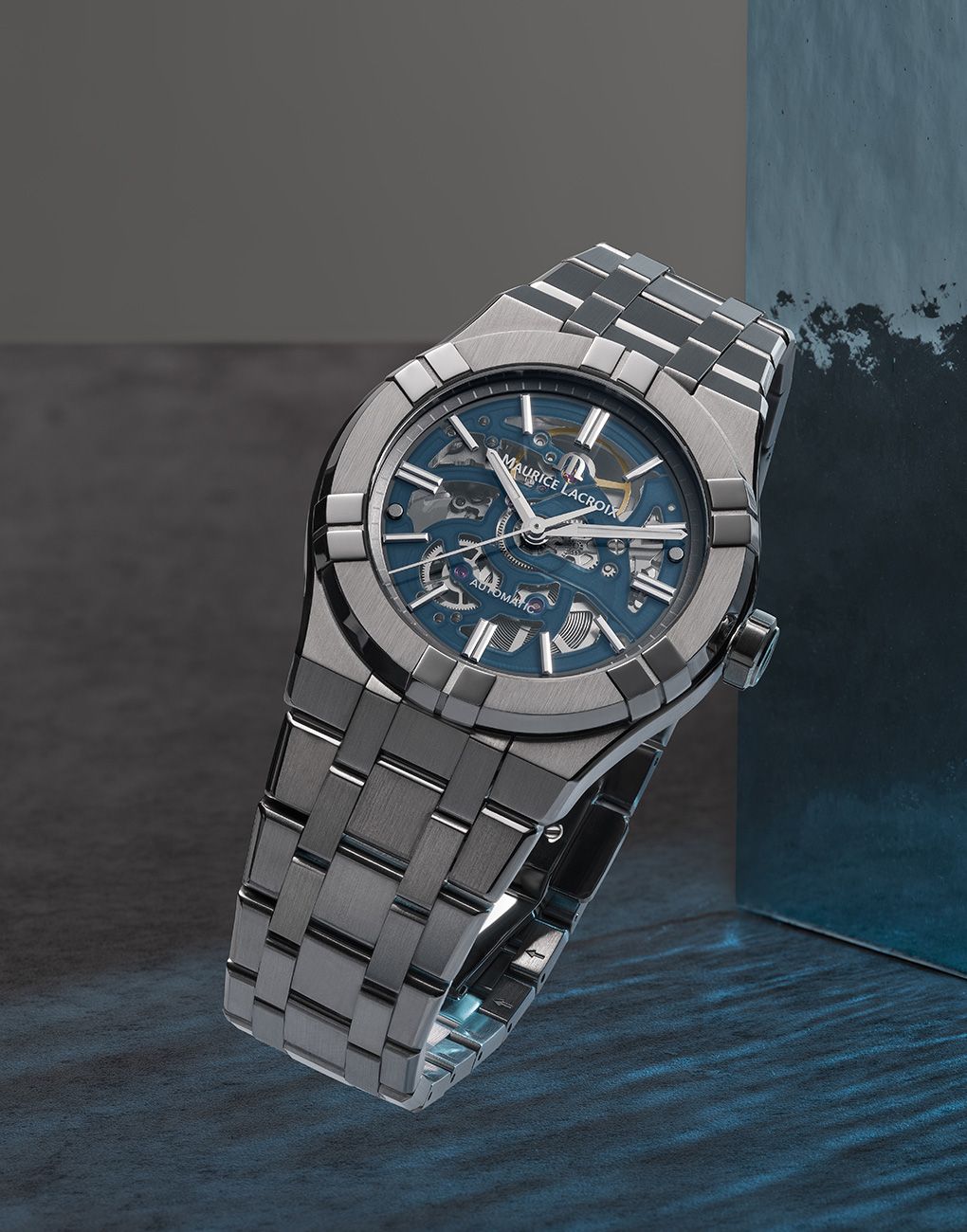
Time, Minimised
When H. Moser & Cie. released their first skeleton watch dial in the form of the Pioneer Cylindrical Tourbillon Skeleton, they checked quite a few boxes in the legibility department. Timekeeping on this watch was restricted to a sub-dial at 12 o’clock. Efficient and beautiful, this watch won the GPHG in 2022. Last year’s Streamliner Cylindrical Tourbillon Skeleton Alpine limited edition mirrored this award-winning timepiece. A partially skeletonised sub-dial in blue or pink displayed the time against an open-worked movement on the rest of the dial.

A number of brands rely heavily on sub-dials as this very effectively silences the legibility debate. Louis Moinet, for instance, display all they need to on one half of the dial, while restricting timekeeping to a sub-dial on the lower half of the watch face. This makes it efficient, convenient and beautiful.
As far as efficiency in keeping time goes, a majority of brands are now getting their skeleton watches right. And as critics and collectors keep alive the discussion around skeleton dials, the trend will continue to evolve. It is certainly an exciting time in the horological world, one that will go down in the annals of timekeeping history.
FAQs
-
What is the purpose of a skeleton dial?
The skeletonised dial offers a glimpse into the intricate mechanics of the movement, celebrating the art of watchmaking and adding visual depth.
-
What is so special about skeleton watches?
Skeleton watches are special timepieces because of their see-through design, which highlights the intricate movements inside. Often featuring various functions, they attract collectors and enthusiasts, given their meticulous engineering focusing on transparency. Their artistic appeal often makes them a stylish statement piece.
